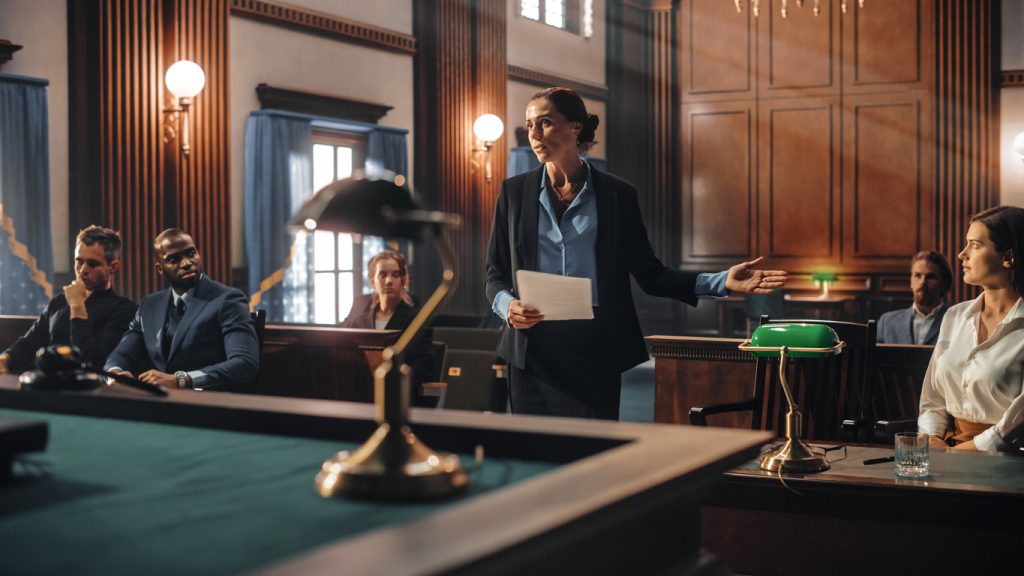If you are charged with either of these offences, it is important to understand the legal process and the best defences available to you. Fortunately, Igor Vilkhov is the principal lawyer and founder of Vilkhov Law Professional Corporation, and he has the experience and knowledge to help you develop the best defences to sexual interference and sexual touching charges.
What is Sexual Interference?
Sexual interference is defined in the Criminal Code as the touching, directly or indirectly, of any part of the body of a person under the age of 16 years for a sexual purpose. It is important to note that the act of touching must be intentional and no skin-to-skin contact needs to have occurred. For example, touching someone through their clothing can still constitute sexual interference.
What is Sexual Touching?
Sexual touching is defined as the touching of any part of the body of a person, directly or indirectly, without their consent. This definition is broader than sexual interference in that it covers any person of any age, not just those under 16. This means that if someone touches another person without their consent, they can be charged with sexual touching.
Possible Defences Against Sexual Interference and Sexual Touching
Igor Vilkhov is the principal lawyer and founder of Vilkhov Law Professional Corporation and he has the experience and knowledge to help you develop the best defences against sexual interference and sexual touching charges. Some of the possible defences that may be available to you include:
1. Consent: In some cases, it may be possible to argue that the alleged victim consented to the touching. However, it is important to note that consent can only be given if the person is of legal age and can give consent.
2. Mistake: Another possible defence is that the accused mistakenly believed that the alleged victim had consented to the touching. This is known as a “mistake of fact” defence and can be used if the accused can show that they reasonably believed that the alleged victim had consented to the touching.
3. No sexual purpose: It is also possible to argue that the touching did not have a sexual purpose and was therefore not an act of sexual interference. To successfully make this argument, the accused must be able to show that the touching was not done with a sexual purpose and was instead done for some other purpose.
When you are charged with either sexual interference or sexual touching, it is important to understand the legal process and the best defences available to you. Igor Vilkhov is the principal lawyer and founder of Vilkhov Law Professional Corporation and he has the experience and knowledge to help you develop the best defences to sexual interference and sexual touching charges. With the right legal representation, you may be able to avoid a conviction and protect your rights.





















